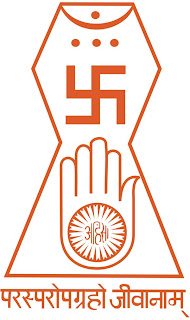Quantum Physics- Negative energy
Negative Energy Theoretically, the lowest temperature that can be achieved is absolute zero, exactly −273.15°C, where the motion of all particles stops completely. However, you can never actually cool something to this temperature because, in quantum mechanics, every particle has a minimum energy, called “zero-point energy,” which you cannot get below. Remarkably, this minimum energy doesn’t just apply to particles, but to any vacuum, whose energy is called “vacuum energy.” To show that this energy exists involves a rather simple experiment– take two metal plates in a vacuum, put them close together, and they will be attracted to each other. This is caused by the energy between the plates only being able to resonate at certain frequencies, while outside the plates the vacuum energy can resonate at pretty much any frequency. Because the energy outside the plates is greater than the energy between the plates, the plates are pushed towards each other. As the plates get closer toge...


